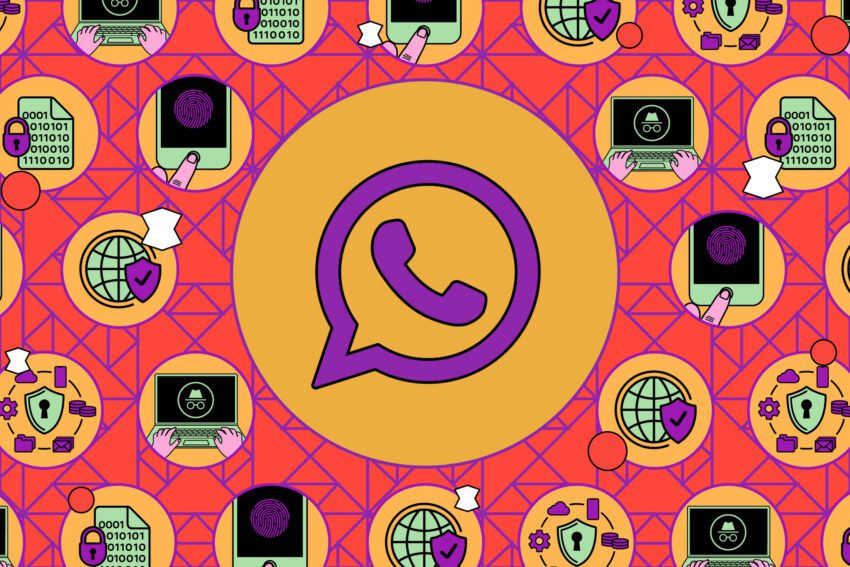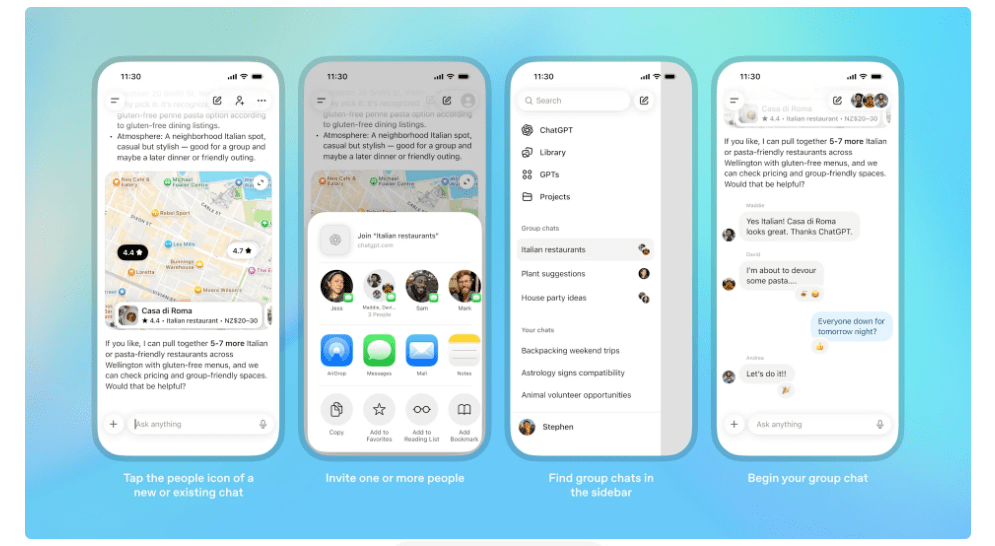
whatsapp is launching third-party chat integration in Meta is set to introduce third-party chat integration for WhatsApp in Europe, a move mandated by the Digital Markets Act (DMA).
whatsapp is launching third-party chat integration in
Overview of the Digital Markets Act
The Digital Markets Act, enacted by the European Union, aims to foster fair competition and innovation in the digital marketplace. It specifically targets large tech companies, often referred to as “gatekeepers,” which have significant influence over the digital economy. The DMA imposes various obligations on these companies to ensure that smaller competitors can thrive. One of the key provisions of the DMA is the requirement for messaging platforms to allow interoperability with third-party services, thereby enabling users to communicate across different platforms seamlessly.
WhatsApp’s Third-Party Integration Rollout
Meta’s announcement regarding WhatsApp’s third-party integration is a significant step in compliance with the DMA. The rollout is expected to occur “over the coming months,” allowing users to connect with third-party messaging services while maintaining the platform’s renowned level of end-to-end encryption (E2EE). This encryption ensures that only the sender and receiver can access the content of their messages, providing a layer of security that has become a hallmark of WhatsApp.
Initial Third-Party Services
As part of this integration, Meta has identified BirdyChat and Haiket as the first third-party services to implement messaging interoperability with WhatsApp. While these services may not be widely recognized, their inclusion represents a commitment to leveling the playing field in the messaging landscape. The integration with these platforms will allow users to send and receive messages without being restricted to a single application, thereby enhancing user choice and flexibility.
User Experience and Notifications
WhatsApp users in Europe can expect to see a notification in their settings tab that will guide them on how to opt-in to third-party messaging. This feature will be available on WhatsApp for iOS and Android devices, although it will not extend to desktop, web, or tablet versions of the application. This limitation may be a point of contention for users who prefer accessing their messages on larger screens, but it reflects the initial phase of the rollout.
End-to-End Encryption and Data Privacy
One of the most critical aspects of this integration is the assurance that third-party messaging apps must adhere to the same level of end-to-end encryption as WhatsApp. Meta has emphasized that it cannot access encrypted messages in transit, ensuring that user privacy remains intact. This is particularly important in an era where data privacy concerns are at the forefront of public discourse.
The content that can be exchanged through this integration includes a variety of formats, such as text, photos, videos, voice messages, and documents. However, it is crucial to note that this feature will only be available to users with a WhatsApp account registered to phone numbers in regions covered by the DMA. This geographical limitation underscores the DMA’s focus on ensuring that its regulations are enforced within the EU, potentially leaving users outside these regions without access to similar features.
Implications for Users and Stakeholders
The introduction of third-party messaging integration has several implications for users, stakeholders, and the broader messaging ecosystem.
Enhanced User Choice
For users, the ability to communicate with contacts across different messaging platforms represents a significant enhancement in user choice. This interoperability allows individuals to select the messaging service that best meets their needs without being confined to a single application. Users will have the flexibility to choose between WhatsApp and third-party services, potentially leading to a more diverse messaging landscape.
Potential Risks and Concerns
However, the integration also raises questions about data privacy and security. Meta has cautioned that third-party apps “might handle your data differently” than WhatsApp. This statement serves as a reminder that while WhatsApp maintains strict data privacy protocols, third-party services may not adhere to the same standards. Users must exercise caution when opting to use these services, as they may expose themselves to different data handling practices that could compromise their privacy.
Stakeholder Reactions
The announcement has elicited mixed reactions from various stakeholders. Privacy advocates have expressed concerns about the implications of third-party messaging integration, emphasizing the need for stringent data protection measures. They argue that while interoperability is beneficial, it should not come at the expense of user privacy.
On the other hand, proponents of the DMA have lauded Meta’s compliance with the regulation, viewing it as a step toward a more competitive digital marketplace. They argue that by allowing third-party integration, Meta is fostering innovation and providing users with more choices, which ultimately benefits consumers.
Future of Messaging Platforms
The introduction of third-party integration in WhatsApp may signal a broader shift in the messaging landscape. As more platforms comply with the DMA and similar regulations, users can expect to see increased interoperability across various messaging services. This could lead to a more interconnected digital ecosystem, where users can communicate seamlessly regardless of the platform they choose.
Competitive Landscape
The competitive landscape for messaging platforms is likely to evolve as a result of these changes. Established players like WhatsApp, Messenger, and others may face increased competition from emerging third-party services. This competition could drive innovation, leading to the development of new features and functionalities that enhance the user experience.
Regulatory Environment
The DMA is just one example of the growing regulatory scrutiny facing large tech companies. As governments around the world seek to rein in the power of these corporations, companies like Meta will need to navigate a complex regulatory landscape. Compliance with regulations such as the DMA will be essential for maintaining their market positions and ensuring user trust.
Conclusion
Meta’s upcoming launch of third-party chat integration for WhatsApp in Europe marks a significant development in the realm of digital communication. While the move is a response to the Digital Markets Act, it also reflects a broader trend toward increased interoperability and user choice in the messaging landscape. As users prepare to embrace these changes, it is essential to remain vigilant about data privacy and security, particularly when engaging with third-party services. The future of messaging platforms is poised for transformation, and the implications of these changes will be felt across the digital ecosystem.
Source: Original report
Was this helpful?
Last Modified: November 14, 2025 at 4:36 pm
3 views














